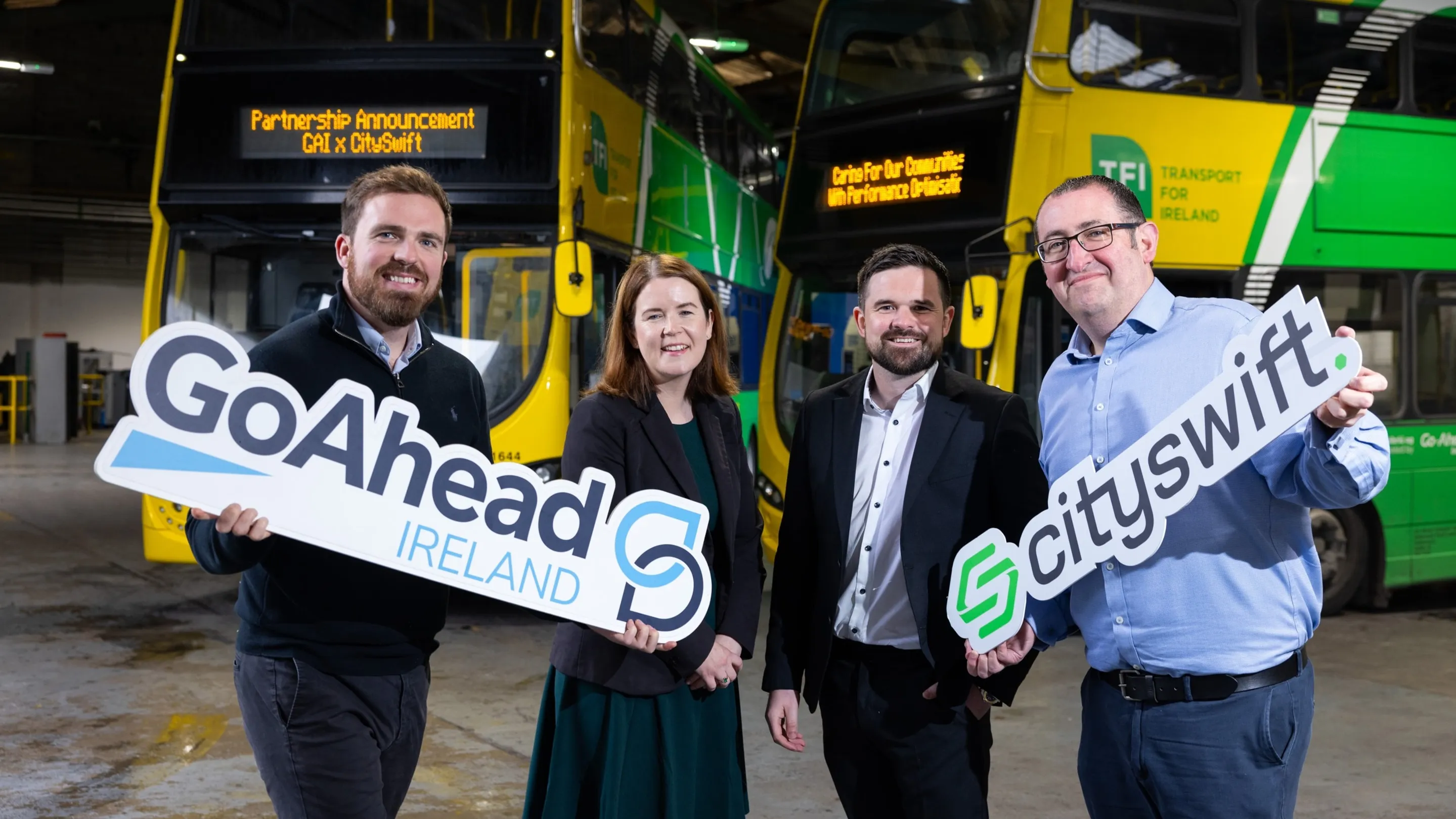The Netherland’s city of Helmond has decided to continue the cooperative mobility services piloted in the successful European Union co-funded Urban Freight Energy Efficiency Pilot (Freilot) project. Based on the positive results of the pilot, the partners involved (the Helmond Fire Brigade, the Municipality, Van den Broek Logistics and Imtech/Peek) are in talks to work out the details of a commercial agreement. These talks mark the end phase of Freilot, and a beginning for the commercial operation of cooper
June 21, 2012
Read time: 2 mins
The Netherlands city of Helmond has decided to continue the cooperative mobility services piloted in the successful European Union co-funded Urban Freight Energy Efficiency Pilot (372 Freilot) project. Based on the positive results of the pilot, the partners involved (the Helmond Fire Brigade, the Municipality, 5985 Van den Broek Logistics and 769 Imtech/Peek) are in talks to work out the details of a commercial agreement. These talks mark the end phase of Freilot, and a beginning for the commercial operation of cooperative mobility services in Europe, where cooperative services are used in daily life by key stakeholders, such as city authorities, the fire brigade and fleet operators.
Announced at “The Cooperative Services: Today, Tomorrow and Forever?” workshop, held this week Helmond, the talks between the Municipality of Helmond and Imtech/Peek, both partners in Freilot, show that the benefits derived from the service – energy efficiency, increased safety, increased delivery reliability – are real and significant.
According to Zeljko Jeftic, Freilot Project Coordinator of the European Union’s first Competiveness and Innovation Programme pilot project in intelligent transport systems said, “Not only has Freilot shown the benefits of cooperative mobility services in a real environment, leading to a 13 per cent reduction in fuel consumption and CO2 emissions but it has also successfully overcome all deployment barriers towards a successful and viable project after-life.”
Announced at “The Cooperative Services: Today, Tomorrow and Forever?” workshop, held this week Helmond, the talks between the Municipality of Helmond and Imtech/Peek, both partners in Freilot, show that the benefits derived from the service – energy efficiency, increased safety, increased delivery reliability – are real and significant.
According to Zeljko Jeftic, Freilot Project Coordinator of the European Union’s first Competiveness and Innovation Programme pilot project in intelligent transport systems said, “Not only has Freilot shown the benefits of cooperative mobility services in a real environment, leading to a 13 per cent reduction in fuel consumption and CO2 emissions but it has also successfully overcome all deployment barriers towards a successful and viable project after-life.”










